














It’s not merely the notes that create a melody but the passion and dedication behind each one. As the Artistic Director of the International Center for Music, my journey in music has been deeply personal and profoundly enriching. The same fervor that drove me to delve into the depths of musical discipline drives our students, faculty, and guests artists. Their commitment to their craft is not only a source of endless inspiration but also what sets our program apart.
Kansas City is truly privileged, as within its bounds lies an audience with an appetite for genuine talent and a heart that beats in rhythm with the finest melodies. Our concert series provides an invaluable opportunity to experience this prodigious talent in an accessible manner, making worldclass music available to all.
Our mission at the International Center for Music at Park University has always been clear – to offer an environment reminiscent of the intensive training I was fortunate to undergo, a space free from distractions where the sole focus is on achieving musical excellence without the burden of financial pressures.
In addition to our homegrown prodigies, the ICM Concert Series is also graced by legendary guest performers, individuals whose contributions to the world of music have been monumental.
As we usher in another season of musical brilliance, I warmly invite you to be a part of our melodious journey. Come, immerse yourself in a world where past, present, and future converge in harmonious symphony.
With profound gratitude,
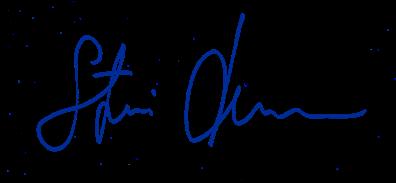 Stanislav Ioudenitch Founder and Artistic Director International Center for Music at Park University
Stanislav Ioudenitch Founder and Artistic Director International Center for Music at Park University
P.S. Each performance is a manifestation of our shared love for music. Your presence and applause amplify our drive to elevate the art form further.
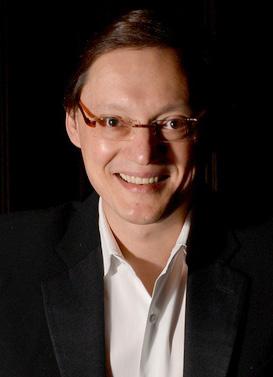
January: At the Fireside
February: Carnival
March: Song of the Lark
April: Snowdrop
May: Starlit Nights
June: Barcarolle
July: Song of the Reaper
August: Harvest
September: The Hunt
October: Autumn Song
November: Troika
December: Christmas
Sonata No. 5 op. 53
“Mikhail Voskresensky proved an imposing, magnetic presence . . . passion, impétuosité, spontaneity and articulation marked this recital” –The Los Angeles Times
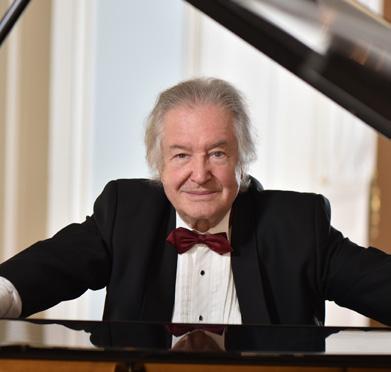
Famous Russian pianist, Mikhail Voskresensky, for more than 60 years intensively continues to give concerts around the world. The top prize winner of Schumann International Piano Competition, Rio de Janeiro, Enescu in Bucharest and The First Van Cliburn competition, Voskresensky has captivated audiences with his electrifying interpretations of the great piano literature of all styles.
In 1966 he was honoured with the Merited Artist of Russia award and in 1989, the People’s Artist of Russia. Mikhail Voskresensky has extensive concert experience. He is the only pianist in Russia to perform all of Chopin’s piano compositions during one concert season; this in 1982 / 83, in nine recitals in the Maly Hall of the Moscow Conservatoire. In 1957 the young pianist took part in the Prague Spring Festival where he performed the European premiere of the Shostakovich Second Piano concerto in the presence of Shostakovich himself.
Mikhail Voskresensky is a distinguished professor at the Moscow Conservatory, the chair of the professorship of piano faculty. His pupils have won 126 international prizes including 55 gold medals. Mikhail Voskresensky is President of the Scriabin International Society and Guest Professor in the Toho
Gakuen School in Tokyo. Although Mr. Voskresensky devotes many of his efforts to teaching and giving masterclasses in various countries, he undoubtedly considers his primary purpose to be performing. Voskresensky is an extraordinary and unique musician. When hearing his playing, one can feel his sincere and subtle soul. It is a rare thing, indeed, in our irrational times. He has recorded more than 50 CD’s, including a box with all Mozart Piano Concertos (2013) and a five CD box (2015) with all Mozart Piano Sonatas.
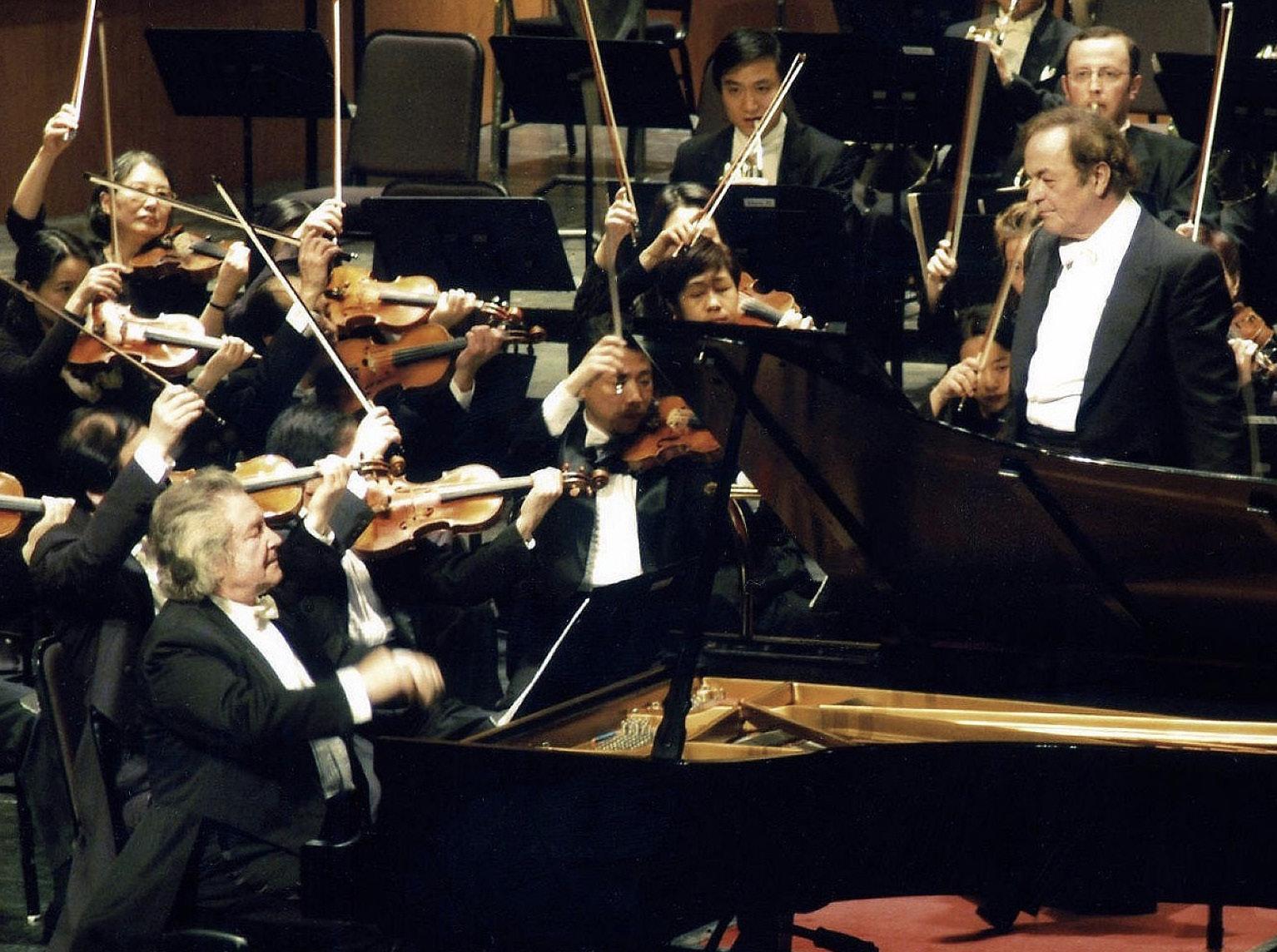
The tradition of inserting sheet music into magazines as a sort of “bonus” for musically literate readers dates back at least to the 18th century, and in fact the practice was still fairly common well into the 20th century.
Tchaikovsky appears to have jumped at an offer by the St. Petersburg-based publisher Nikolay Bernard, who late in 1875 asked him to write a series of 12 pieces to appear serially in his firm’s monthly journal Nuvellist. The composer had just completed a draft of his first ballet that October: Swan Lake, a work that showed him at the peak of his creative powers but brought him to a state of near-exhaustion.
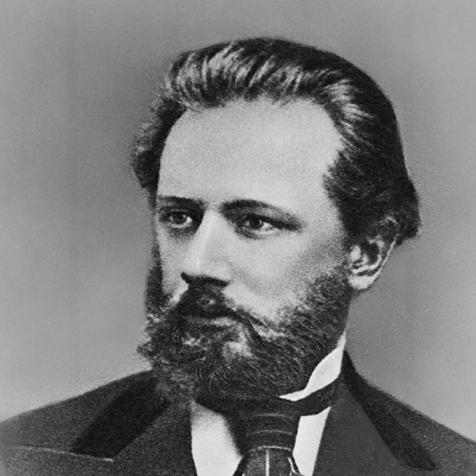
“For the moment I am very much in the mood for piano pieces,” he wrote to Bernard. The compensation was generous. “I am most grateful for your courtesy and readiness to pay me such a high fee,” he wrote. Later, when he sent the first two pieces (January and February), he added, someone obsequiously: “It is not without some trepidation that I send them to you for fear that you will think them too long or poor. I beg you to give me your candid opinion, so that I can keep in mind your requirements while composing the following pieces.”
Musical depictions of the seasons — from Vivaldi’s The Four Seasons to Haydn’s oratorio and Glazunov’s ballet — are generally cast in four parts. It was evidently the publisher’s conceit to boost
his journal’s circulation with a bon-bon in each issue of his 1876 run. Thus, Tchaikovsky had the good fortune of being able to collect 12 fees instead of four.
Bernard announced the upcoming publications in his December 1875 issue, promising 12 pieces “the character of which will correspond entirely to the titles of the pieces, and to the month in which they will be published in the journal.”
The result was a set of tone-pieces ranging from tender miniatures to substantial compositions that at times remind us of Chopin or Schumann, at times of the composer’s own plaintive songs. Bernard provided a brief verse to accompany each piece in its published form. In 1886, Tchaikovsky’s regular publisher, Pyotr Jurgenson, would print the whole set as Op. 37a.
January possesses, initially, the impetuous mood of Schumann’s tone-pieces, then melts into something resembling lazy bliss at the fireplace.
February is the month of Carnival, and thus it rings out in a lively celebration.
March is imbued with a heavy-hearted tristesse that nonetheless avoids outright sentimentality.
The weather is warming in April, which arrives with a bounce that reminds us that spring is near.
May: Starlit Night is as mercurial as the month itself, while June: Barcarolle is a dark dance in minor mode built from one of the composer’s upward-arching themes, with a somewhat brighter middle section.
July is assertive and exclamatory, as ripe fields call out for summer’s end.
August races with a movement suggesting the frenetic activity of the harvest, with a central section suggesting a brief pause for a cup of new wine.
With cooling weather comes the hunt (September), here a stately march that includes hunting-horns but avoids cliché: Suddenly, the hounds pick up a scent! October alludes back to the Barcarolle, with a questioning melodic ascent that seems to ponder, with sadness, how quickly summer’s warmth has fled.
And to conclude: no November is complete without a Troika-ride, no December without a waltz.
Composition was an avocation for Borodin, an activity to be carried out during spare moments stolen from his career as a world-renowned chemist and full professor at St. Petersburg’s Medico-Surgical Academy. The son of a Georgian prince, Alexander was raised by his Russian mother and grew into a brilliant physician. True, he had studied composition with Mily Balakirev, but he never considered himself a profession composer — going to far as a denigrate the profession.
“I do not seek recognition as a composer,” he wrote. “I am somehow ashamed of admitting to my compositional activities.
For me this is a relaxation, a pastime, an indulgence that distracts me from my principal work.”
Be that as it may, Borodin was able to master music in his twenties, and by the end of his career he had composed at least
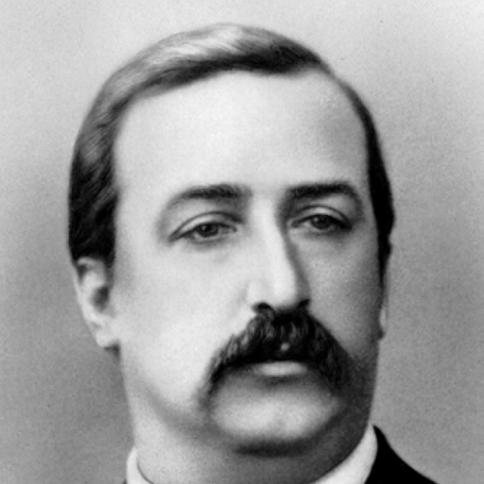 Alexander Borodin (1833-1887): From: Petite Suite
Alexander Borodin (1833-1887): From: Petite Suite
four operas, three path-forging symphonies, well-crafted solo songs, and chamber works that are virtually without peer among composers of the era. He is best known today for his two string quartets and for the opera Prince Igor—and in particular the frequently excerpted “Polvtsian Dances.”
Borodin’s extant piano works are few, thus the Petite Suite stands out as the most substantial of them. This set of seven pieces, mostly dances, was dedicated to a bold arts supporter of the day, the Countess Louise de Mercy-Argenteau, who had aided the composer in getting his first symphony performed. He probably began them in the 1870s, though the set was not published until 1885.
The group opens “In the Monastery,” subtitled: “The Church’s vows foster thoughts only of God.” Ponderous peramulations give way to a tender fugato — its counterpoint suggested ecclesiastical music — which falls back into a ringing procession. The seventh and final piece is a Nocturne, a moody tone-picture.
Largely self-taught in music, Glinka spent his St. Petersburg youth immersed in Italian opera and in the music of the Viennese classicists. His lyrical gift was already in place long before he went abroad for formal study, but during travels in Italy in the 1830s he
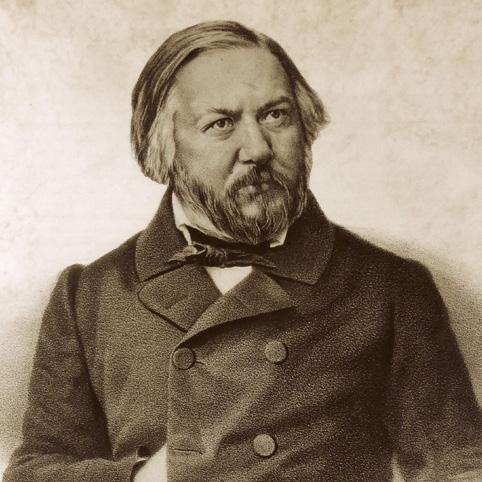 Mikhail Glinka (1804-1857); arr. Mily Balakirev (18371910): “The Lark,” from A Farewell to St. Petersburg
Mikhail Glinka (1804-1857); arr. Mily Balakirev (18371910): “The Lark,” from A Farewell to St. Petersburg
absorbed much from personal contact with Bellini and Donizetti. In 1833-34 he also studied with counterpoint expert Siegfried Dehn in Berlin, but he returned to Russia upon hearing of the death of his father in 1834.
St. Petersburg was ripe for the synthesis of Italian and German styles that Glinka brought back with him. His operas A Life for the Czar and Ruslan and Lyudmila occupied him for much of the 1830s and early ‘40s and remain perhaps his greatest legacy. In 1837, Glinka became director of the Imperial Chapel Choir. His output of orchestra, vocal, and chamber works is extensive.
A Farewell to St. Petersburg (184) comprised 12 songs to poems by Nestor Kukolnik (1809-69). The tenth, “The Lark,” is a simple lyric set in a wistful mood. In 1864, the young composer-pianist Mily Balakirev could not resist turning this gem into a virtuosic encore piece — complete with a brief introduction and blistering cascades of arpeggios, chromatic scales, and careening filigree. Balakirev still managed to retain something of the tenderness of the original:
Between the sky and the earth a song is heard, an unending stream of sound pours louder, louder. Unseen is the singer in the field, where the sonorous skylark Sings so loudly above his mate.
The wind carries the song, to whom it does not know; she to whom it is sung will understand who it is from. Pour on, my song of sweet hope, Someone remembers me, and sighs furtively.
Prokofiev took the long route to New York in the spring and summer of 1918, beginning with an 18-day trip eastward on the Trans-Siberian rail to Vladivostok and continuing with a stop in Tokyo, where the public showed interest in three recitals of his music. An ocean liner to Hawaii and San Francisco was followed by more land travel, with a stop in Chicago, where the Chicago Opera Company showed interest an opera he had begun in Russia, The Love for Three Oranges. (Chicago would ultimately introduce the opera, though not until 1921.) Revolution had made Russia an unwelcoming place for an eager young pianistcomposer just striking out on a career. Still in his late twenties, Prokofiev yearned to stretch his creative legs: Arriving in New York that fall, he performed recitals at Carnegie Hall, the Brooklyn Museum, and Aeolian Hall that were well-received but made little money. Truculent New York critics viewed him as something wild and exotic, though publishers did ultimately solicit new works from him.
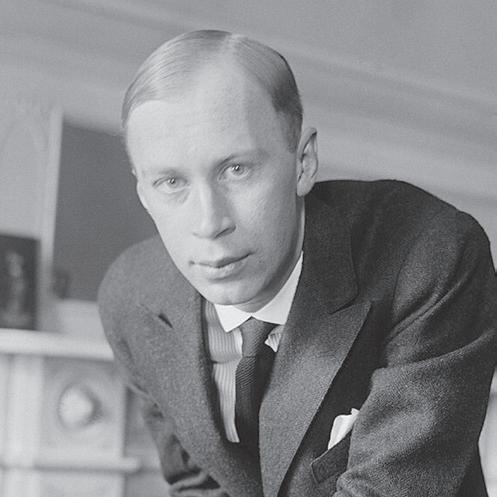
Thus inspired, he wrote the Four Pieces, Op. 32, and Tales of the Old Grandmother, Op. 31, the latter a fragrant reminder of old Russia — written for this strange new public. (The publishers’ offers for these pieces were so low that the composer, despite a need for hard cash, determined to wait and have them published later in Moscow.)
Prokofiev presented the premiere of the Grandmother pieces, in
January 1919 at the city’s brand-new Aeolian Hall in Midtown Manhattan.
The four reflections, lasting altogether less than 10 minutes, depict a grandmother narrating tales to her grandson, who listens eagerly in her lap. “Some reminiscences have been half-erased from her memory,” the composer inscribes in the score, “others will never be erased.” The musical language is mostly tonal, with folk-like tunes set against a gentle background of modernist harmonies.
About a minute into in the fourth piece (Sostenuto: Cantabile), the composer embarks on a mysterious excursus (marked “A little more animated: but without agitation”) that represents a shift. The boy has jumped off grandma’s lap to go play, perhaps, and yet the mood and flavor of her tales stay in his memory.
Alexander Scriabin (1872–1915): Sonata No. 5, Op.
Scriabin pursued a military career as a young man, as had many members of his family, but his increasing interest in the arts led him to take up study at the Moscow Conservatory. Among his teachers in composition were Anton Arensky and Sergei Taneyev, but it was as a pianist that Scriabin earned a degree, in 1892. Two years later, he made his debut as pianist in St. Petersburg, performing a program of his own works.
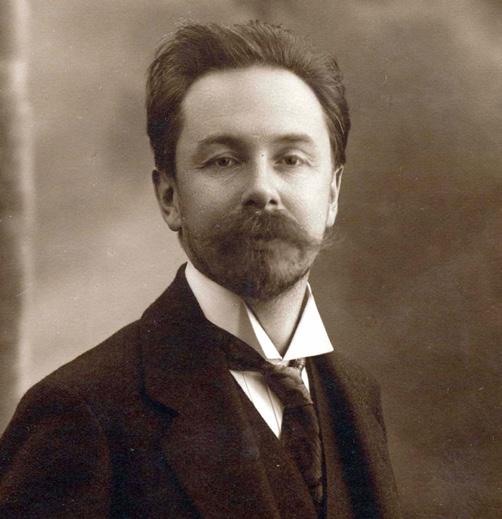
His early music pays homage to Chopin, Liszt, and others, but it also hints at harmonic experiments yet to come. In time, his music would become more heavily chromatic, his visions more grandiose: Around 1909 he began work on a multi-media piece to be performed in the Himalaya Mountains, “a religious synthesis of all arts,” as he wrote, “that would herald the birth of a new world.”
Despite these otherworldly plans, however, Scriabin’s compositions of the period were relatively grounded. By the time he completed the Poem of Ecstasy in 1908, he had begun to employ what he called his mystic chord, essentially a whole-tone aggregate structure subverted a sense oftonal “pull.” Paris was becoming too expensive for the composer and his wife, and in 1907 they moved to Lausanne. The air suited them both, and soon his wife, Tatyana, was writing to friends about the sonata she heard coming together in the next room.
“I cannot believe my ears, it is incredible! That sonata pours from him like a fountain. You cannot even tell it is a sonata.” Indeed, the single-movement Sonata No. 5 would mark a dramatic shift for Scriabin, with its harmonically challenging through-lines, its intuitive sense of structure, and its bold coloristic experiments. “Nothing compares to it,” Tatyana continued. “He has played it through several times, and now all he has to do is write it down.”
This concentrated, continuous 10-minute explosion of sound received its premiere in November 1908 in Moscow, by the pianist Mark Meitschik. Scriabin would later include an epigraph to the sonata — an excerpt from the poem that had used to accompany the Poem of Ecstasy:
Of the creative spirit, timid Shadows of life, to you I bring audacity!
THERE’S NEAR THE STAGE. THERE’S FRONT ROW. THEN THERE’S MEETING STARS FACE-TO-FACE.
To receive an invitation, visit icm.park.edu/icm-gala/ or scan the QR code. Single tickets on sale December 1, 2023



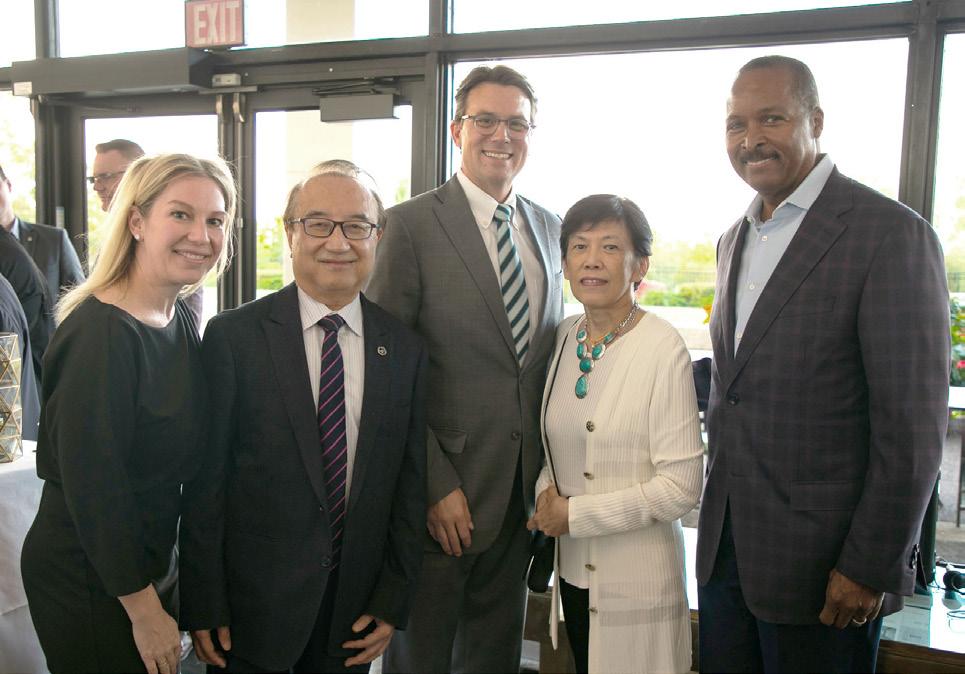
The Park University International Center for Music Foundation exists to secure philanthropic resources that will provide direct and substantial support to the educational and promotional initiatives of the International Center for Music at Park University. With unwavering commitment, the Foundation endeavors to enhance awareness and broaden audiences across local, national, and international spheres.
Vince Clark, Chair
Steve Karbank, Secretary
Benny Lee, Treasurer
Lisa Browar
Stan Fisher
Brad Freilich
Ron Nolan
John Starr
Steve Swartzman
Guy Townsend
PICTURED L-R: Julie Clark, Benny Lee, Shane Smeed, Park University President, Edith Lee, and Vince Clark.
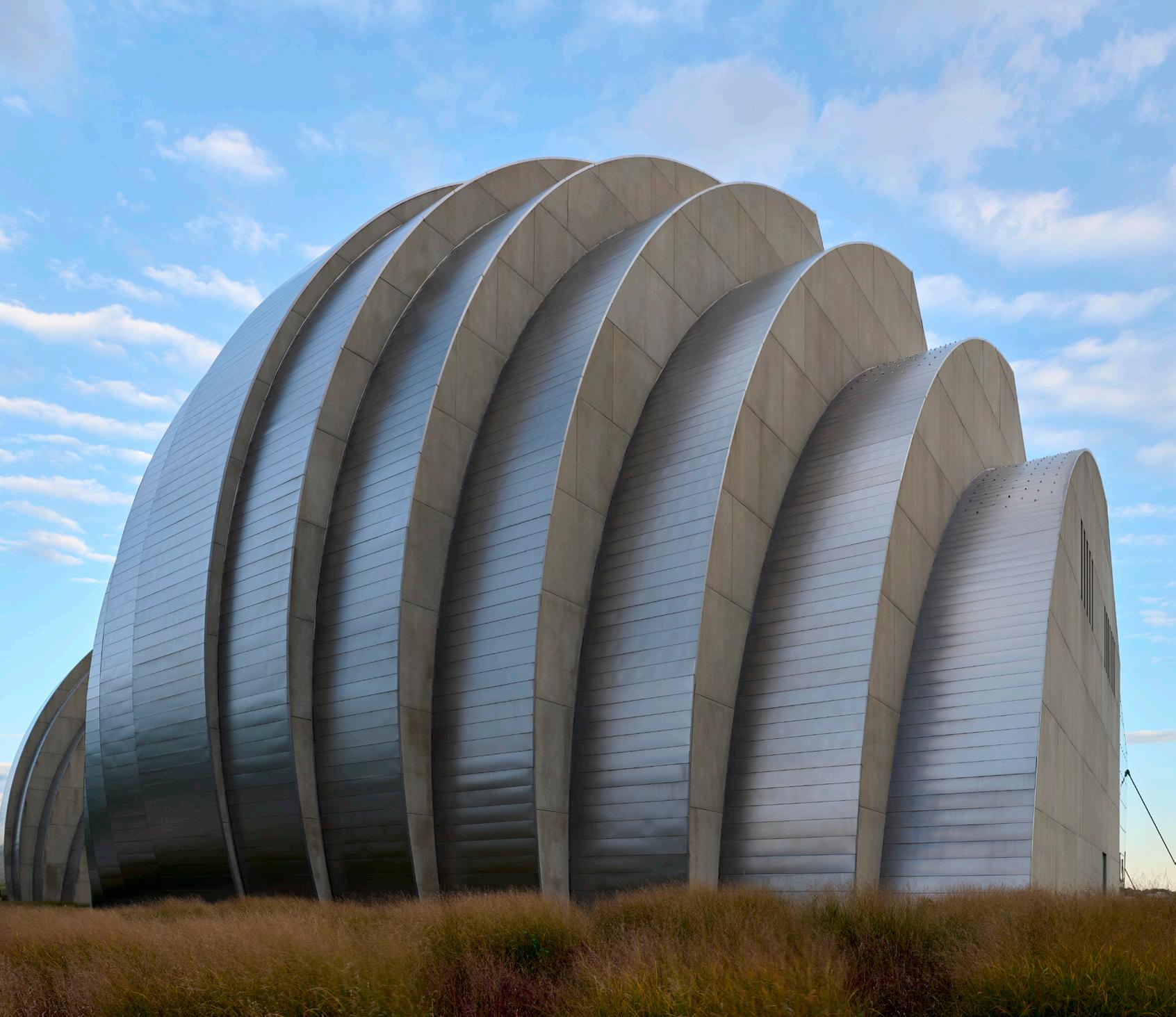
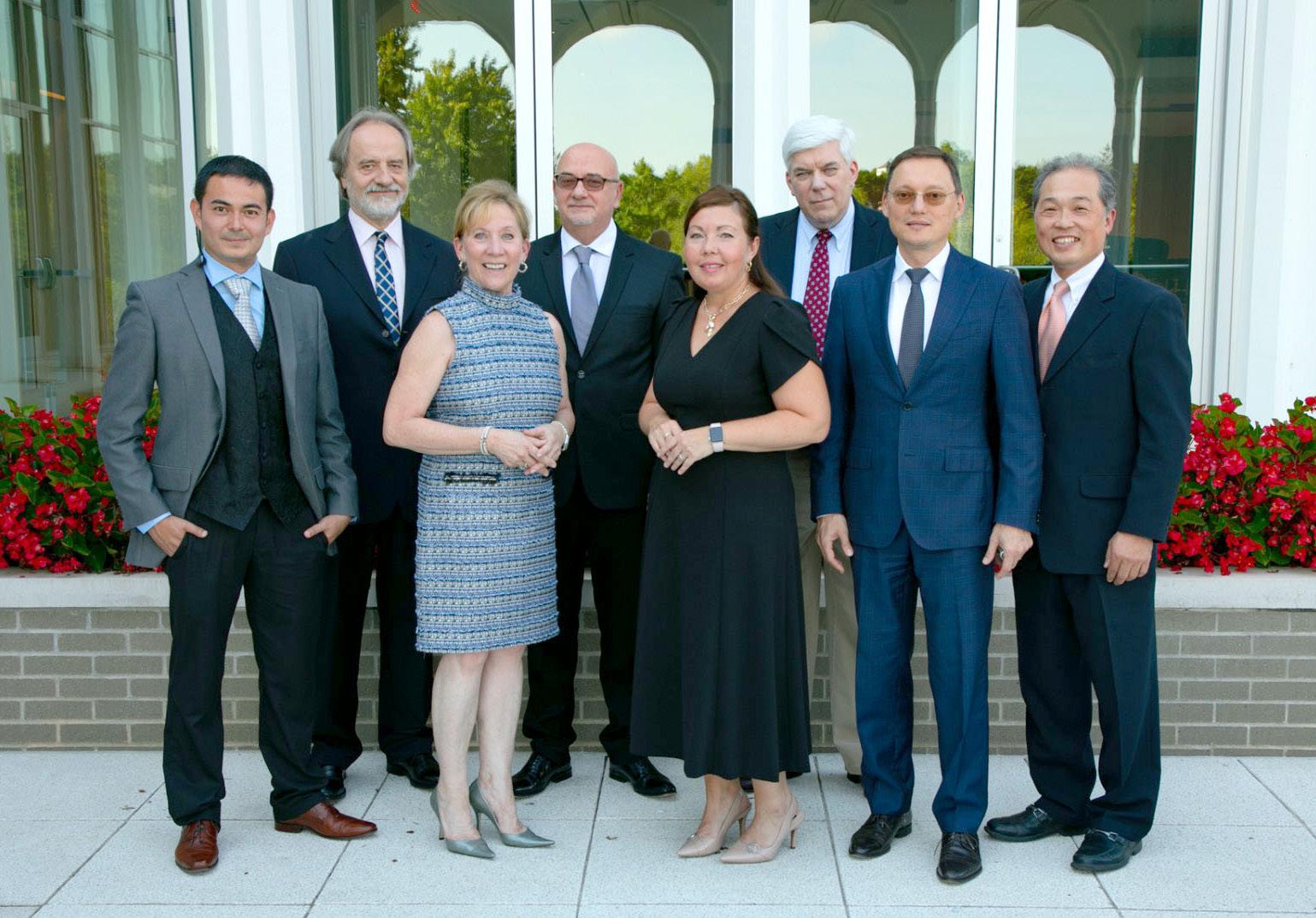
PICTURED L-R:
Gustavo Fernandez Agreda, ICM Coordinator
Daniel Veis, Cello Studio
Lisa Hickok, Executive Director
Ben Sayevich, Violin Studio
Lolita Lisovskaya-Sayevich, Director of Collaborative Piano
Steven McDonald, Director of Orchestra
Stanislav Ioudenitch, Founder & Artistic Director, Piano Studio
Peter Chun, Viola Studio
Not pictured: Behzod Abduraimov, Artist-in-Residence
Photo: Damian GonzalezSUPPORT THE ICM, ENJOY BEAUTIFUL MUSIC AND SPECIAL EVENTS JUST FOR MEMBERS
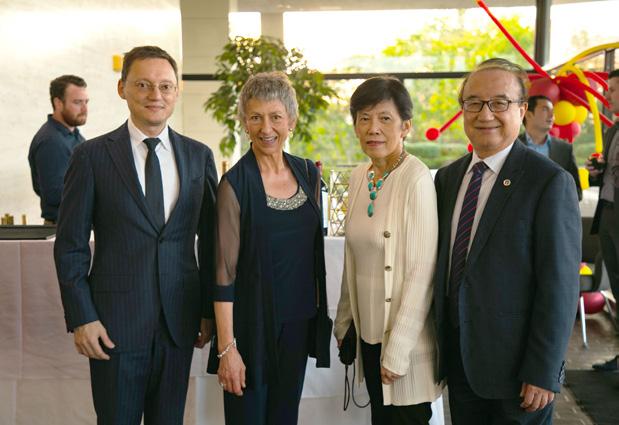

BELOW ARE JUST A FEW OF OUR PATRONS ENJOYING GROUP EVENTS INCLUDING MEETING THE TALENTED ICM ARTISTS
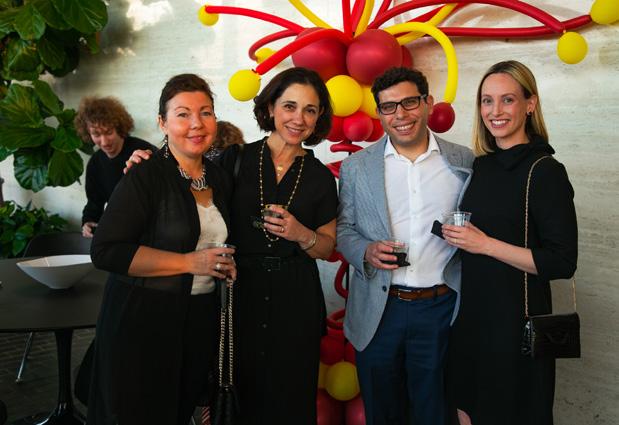
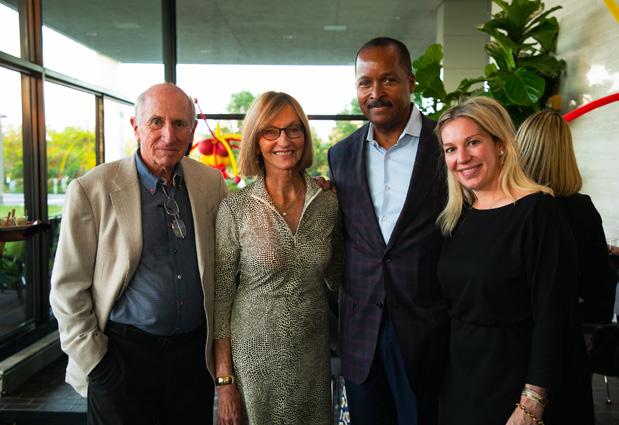
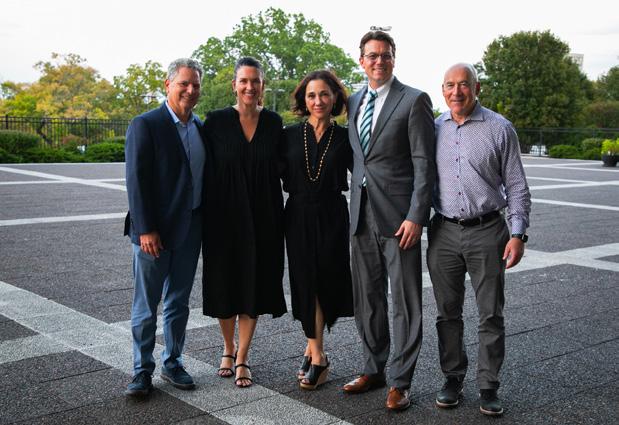 John and Karen Yungmeyer
Brad and Theresa Freilich, Evelina Swartzman, Shane Smeed and Steve Swartzman
Stanislav Ioudenitch, Angela Walker and Edith and Benny Lee
Ronald and Phyllis Nolan and Vince and Julie Clark
Lolita Lisovskaya-Sayevich, Evelina Swartzman and Ihab and Colleen Hassan
John and Karen Yungmeyer
Brad and Theresa Freilich, Evelina Swartzman, Shane Smeed and Steve Swartzman
Stanislav Ioudenitch, Angela Walker and Edith and Benny Lee
Ronald and Phyllis Nolan and Vince and Julie Clark
Lolita Lisovskaya-Sayevich, Evelina Swartzman and Ihab and Colleen Hassan
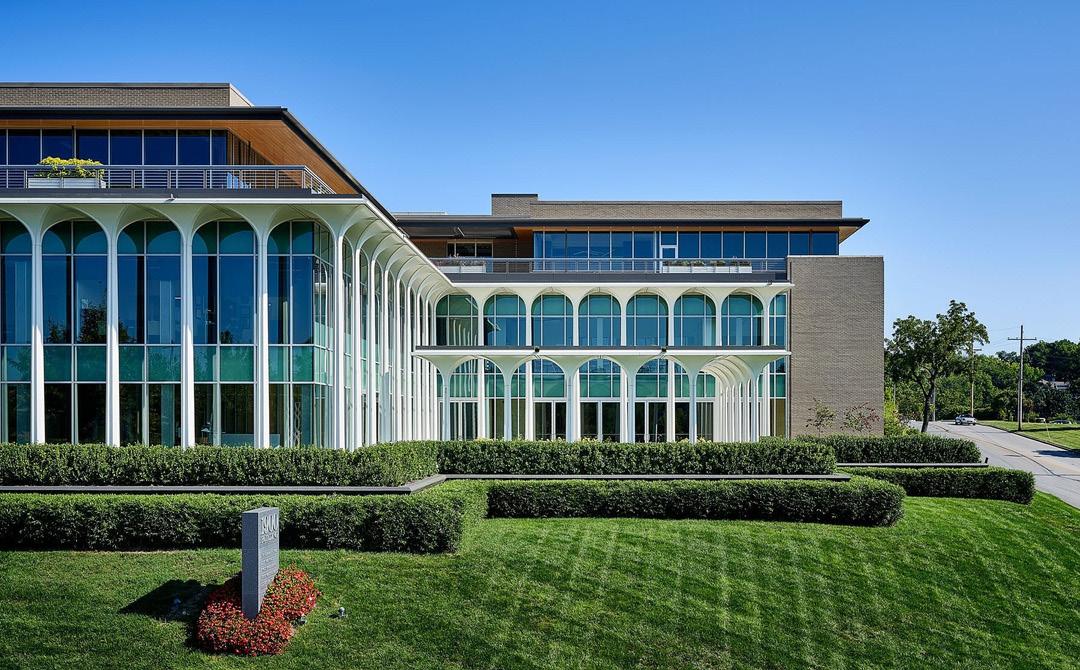
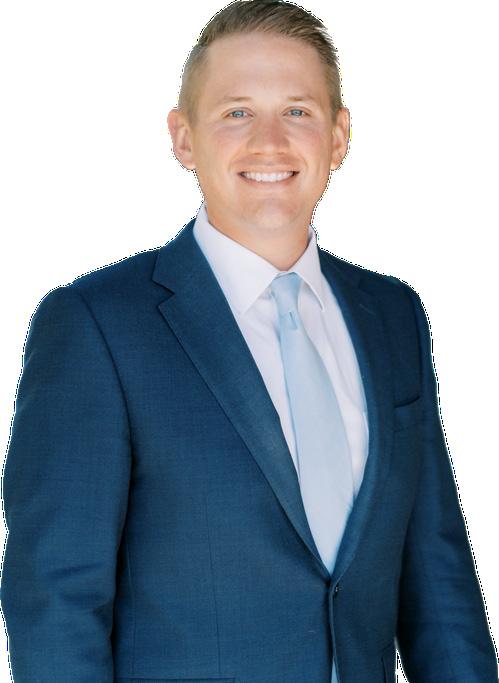
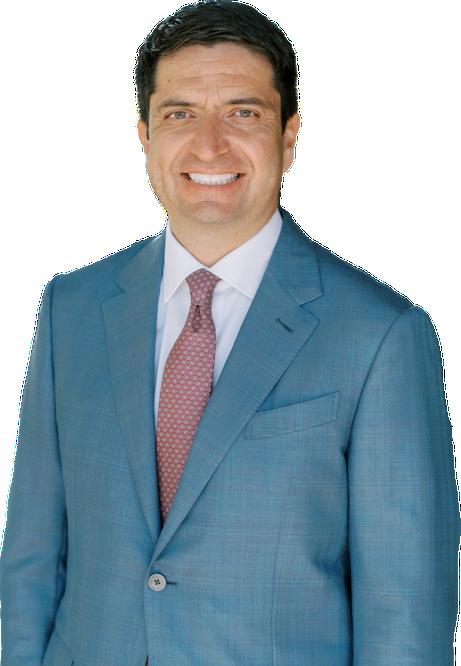

The Park University International Center for Music’s Patrons Society was founded to help students achieve their dreams of having distinguished professional careers on the concert stage.
Just as our faculty’s coaching is so fundamental to our students’ success, our Patrons’ backing provides direct support for our exceptionally talented students, concert season, outreach programs and our ability to impact the communities we serve through extraordinary musical performances.
We are continually grateful for each and every one of our Patrons Society members. For additional information, please visit ICM.PARK.EDU under “Support Us.”
We gratefully acknowledge these donors as of August 23, 2023 * denotes 2023-24 members
Brad and Marilyn Brewster *
Steven Karbank *
Benny and Edith Lee *
Ronald and Phyllis Nolan *
John and Debbie Starr *
Steven and Evelina Swartzman *
Jerry White and Cyprienne Simchowitz *
Richard J. Stern Foundation for the Arts – Commerce Bank, Trustee
Shirley and Barnett C. Helzberg Jr. *
Lockton Companies Inc.
Susan Morgenthaler
Muriel McBrien Kauffman Family Foundation
Holly Nielsen *
Mark Ptashne and Lucy Gordon
Steinway Piano Gallery of Kansas City
Gary and Lynette Wages *
Tom and Mary Bet Brown
Vince and Julie Clark
The DeBruce Foundation
Stanley Fisher and Margaret Zhorov *
Edward and Sandra Fried
Mark One Electric Co.
Perspective Architecture & Design, LLC / Matt and Rhonda Masilionis
William and Susie Popplewell
Kevin and Jeanette Prenger, ’09 / ECCO Select *
Rex and Lori Sharp
Kay Barnes and Thomas Van Dyke *
Lisa Browar *
Bryan Cave Leighton Paisner
Wm. Robert Bucker
Cluen Family Fund
Mark and Gaye Cohen *
Paul and Bunni Copaken
Suzanne Crandall *
Scott and Claudia Davis
Beverly Lynn Evans
Paul Fingersh and Brenda Althouse
Jack and Pella Fingersh
J. Scott Francis and Susan Gordon
Brad and Theresa Freilich *
Donald Hall
Colleen and Ihab Hassan
Lisa Merrill Hickok *
JE Dunn Construction Company
William and Regina Kort *
Dean, ‘53 and Charlotte Larrick
Brian McCallister / McCallister Law Firm
Mira Mdivani / Mdivani Corporate Immigration Law Firm
Jackie and John Middelkamp *
Louise Morden
Susan and Charles Porter
Steve and Karen Rothstein
Stanley and Kathleen Shaffer *
Shane and Angela Smeed
Straub Construction
John and Angela Walker *
Nicole and Myron Wang *
WSKF Architects
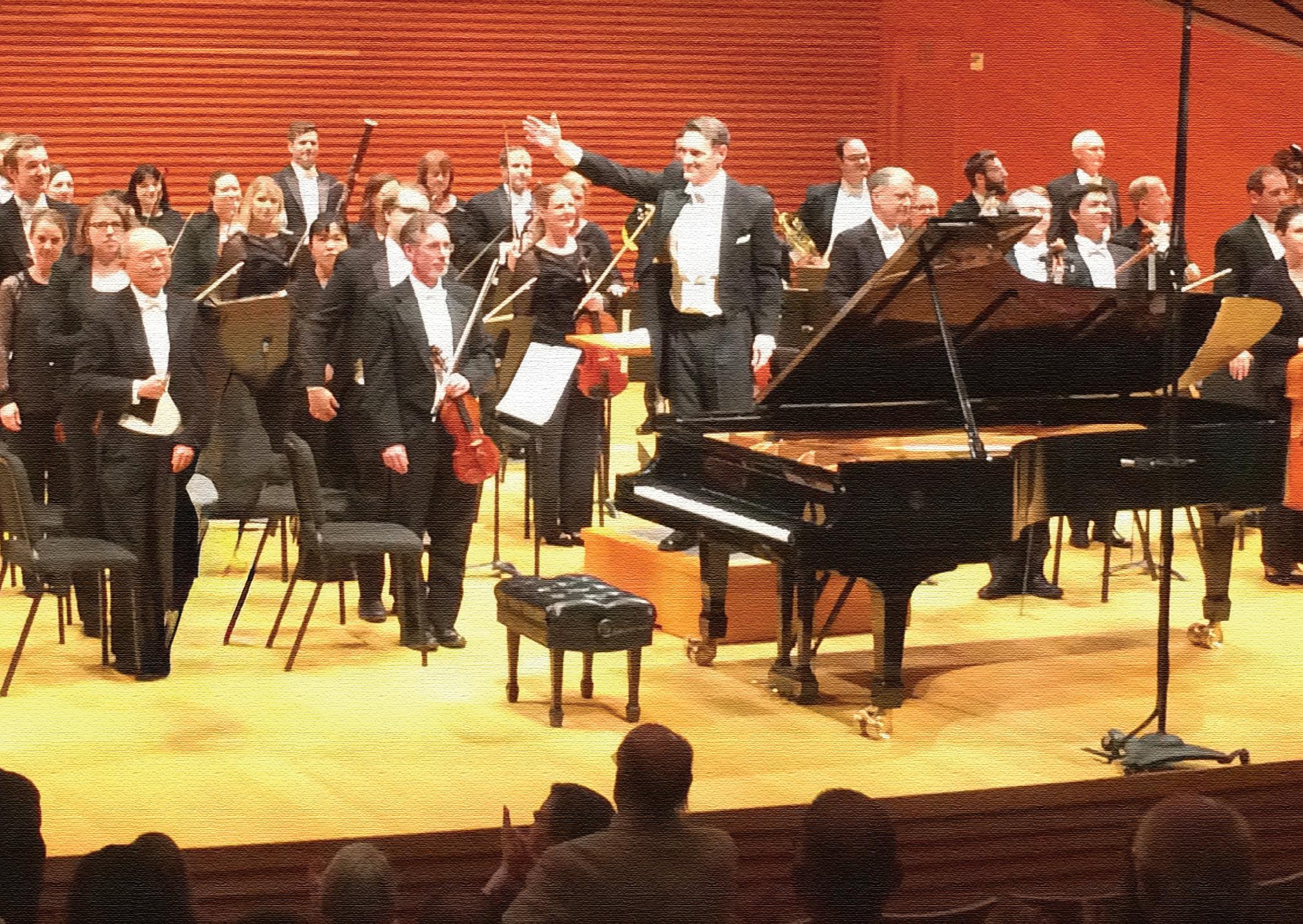
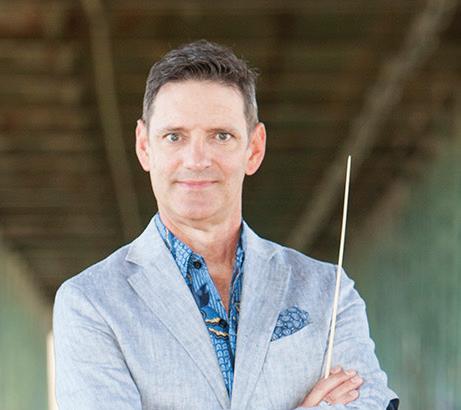


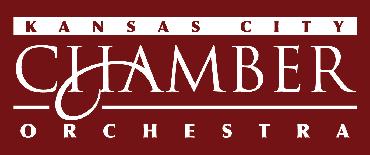
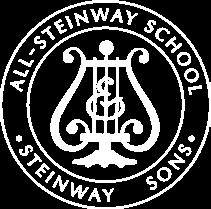


The International Center for Music Orchestra will present its first concert of the 2023-24 season under the direction of guest conductor David Amado, music director of the Florida Classical Ochestra, who will be making his return engagement with the ICM Orchestra. Maestro Amado has selected works for string orchestra of Hugo Wolf, Ottorino Respighi and Peter Tchaikovsky.
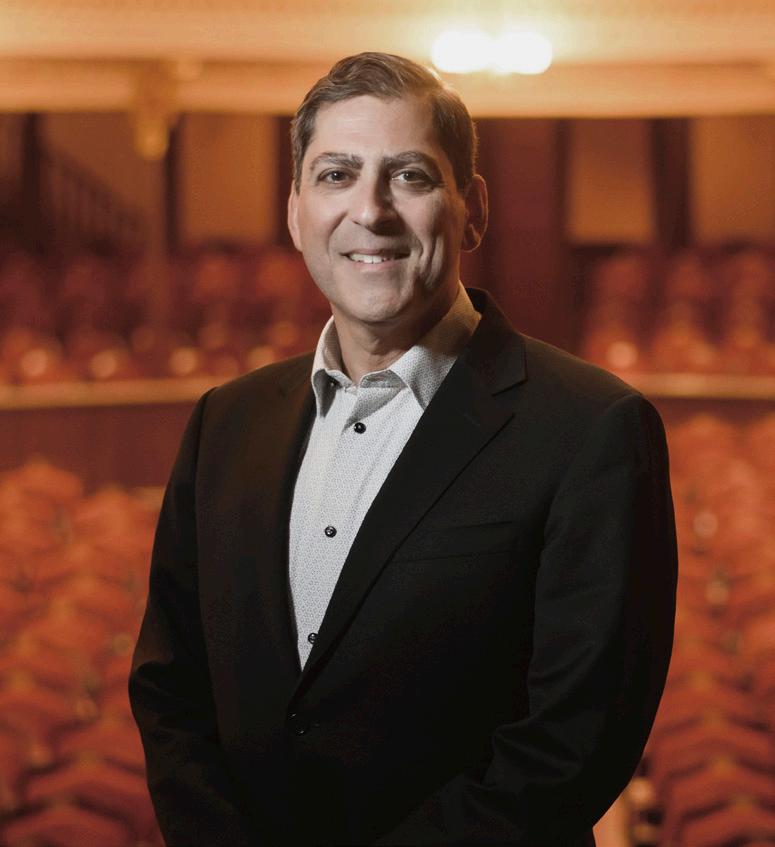
PARK ICM ORCHESTRA WITH DAVID AMADO CONDUCTING
October 6, 2023, 7:30 p.m.





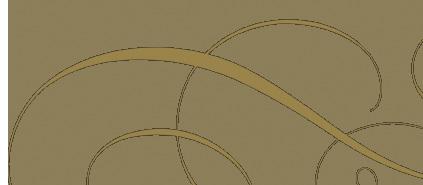
Graham Tyler Memorial Chapel at Park University
For more information, visit ICM.PARK.EDU.
FREE ADMISSION WITH RESERVATION TO ICMRSVP@PARK.EDU.

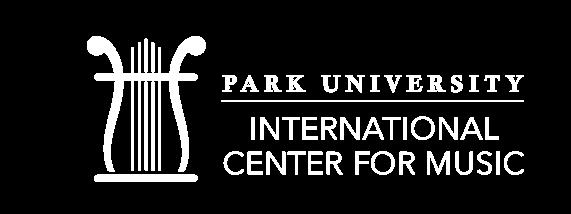
Park ICM’s concert season will continue with an award-winning roster of string musicians in the studios of violinist Ben Sayevich, cellist Daniel Veis and violist Peter Chun. Program and performers to be determined.
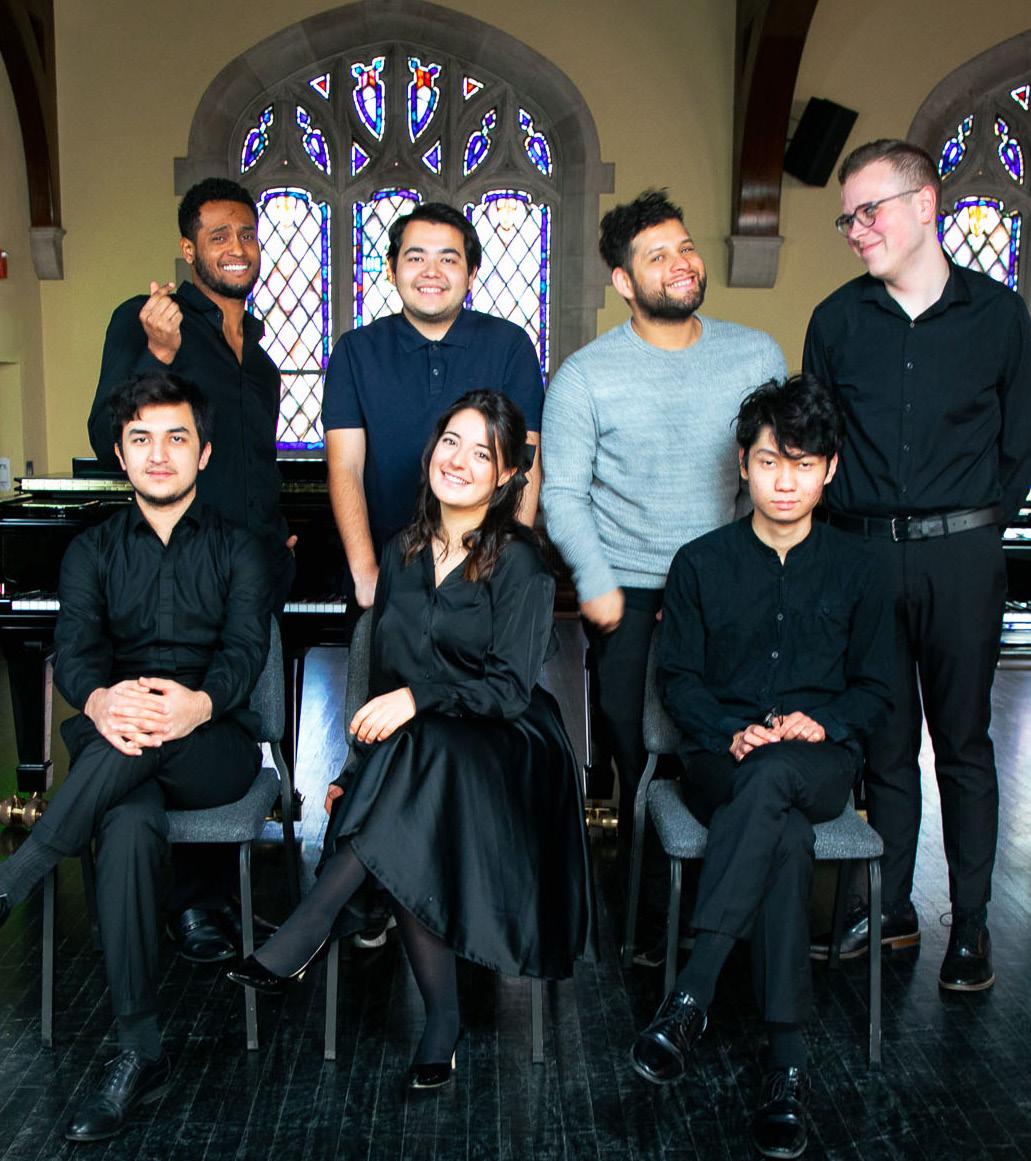
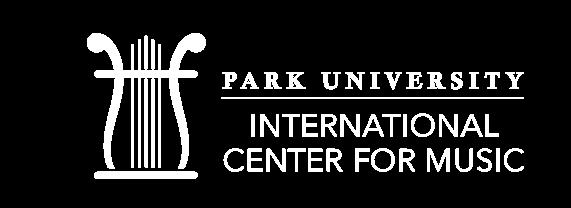


STRING STUDIOS

OCTOBER 28, 2023, 7:30P.M.

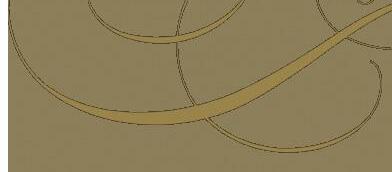


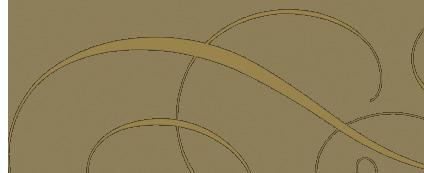
1900 BUILDING
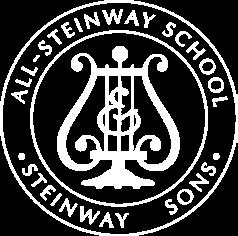
GENERAL ADMISSION $30. STUDENTS $10 WITH I.D.
ICM.PARK.EDU.

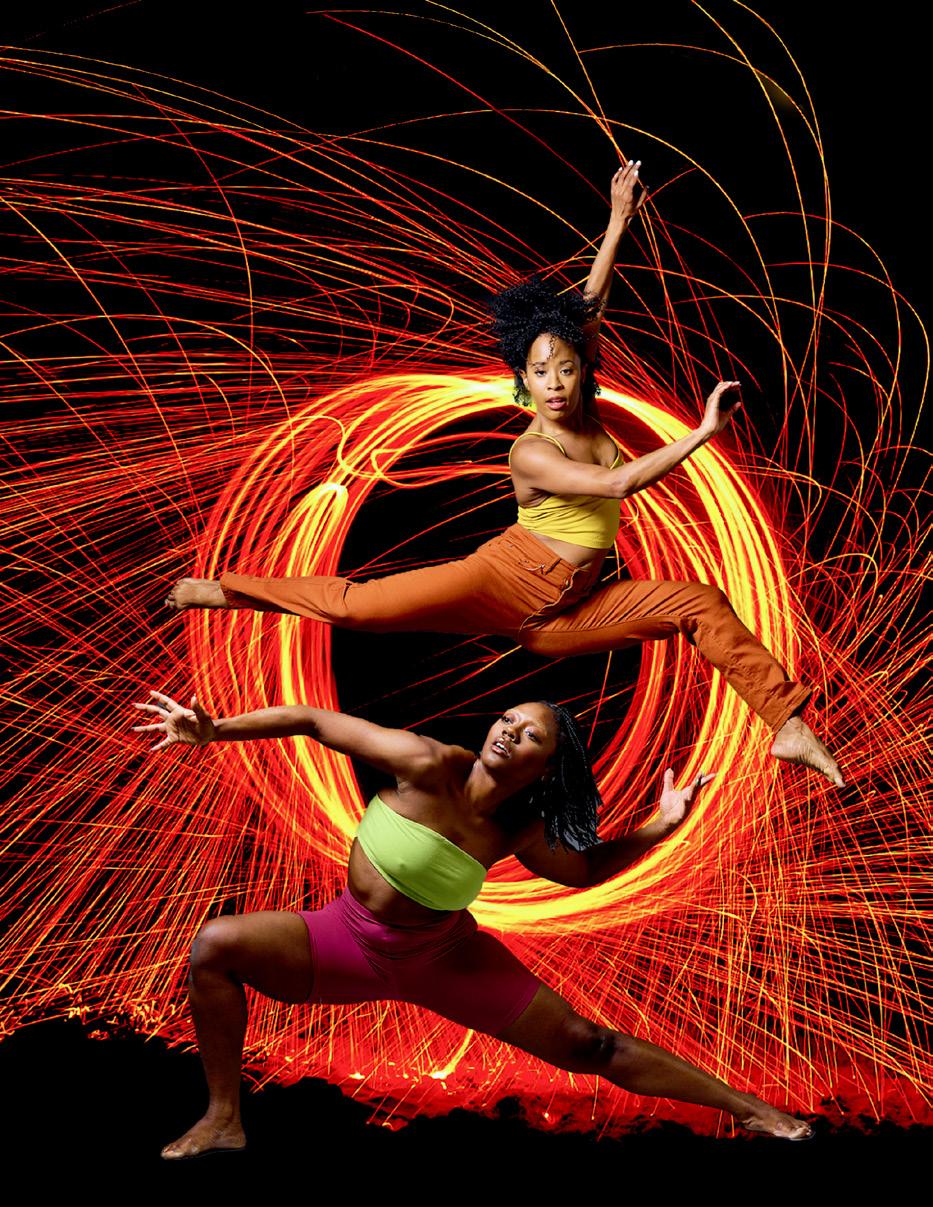



An entire evening devoted to piano lovers, this amazing concert will feature students of Van Cliburn gold medalist Stanislav Ioudenitch. “It is extremely important for students to have performance opportunities,” said Ioudenitch. “Musicians need to have the practical training of performing. That’s what we’re trained to do, to perform in public. These young artists in my piano studio are already successful musicians. They are award-winning instrumentalists, so something not to miss.”


Stanislav Ioudenitch Piano Studio Recital
November 30, 2023, 7:30 p.m.

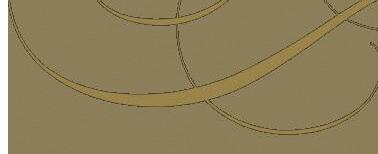




1900 Building
For additional information, visit ICM.PARK.EDU.
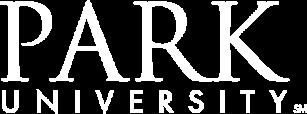
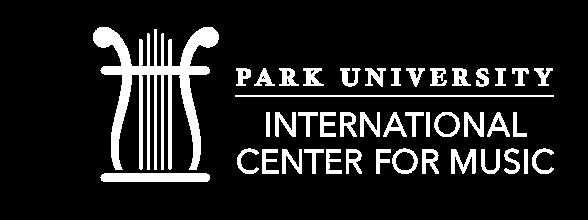

GENERAL ADMISSION $30. STUDENTS $10 WITH I.D.

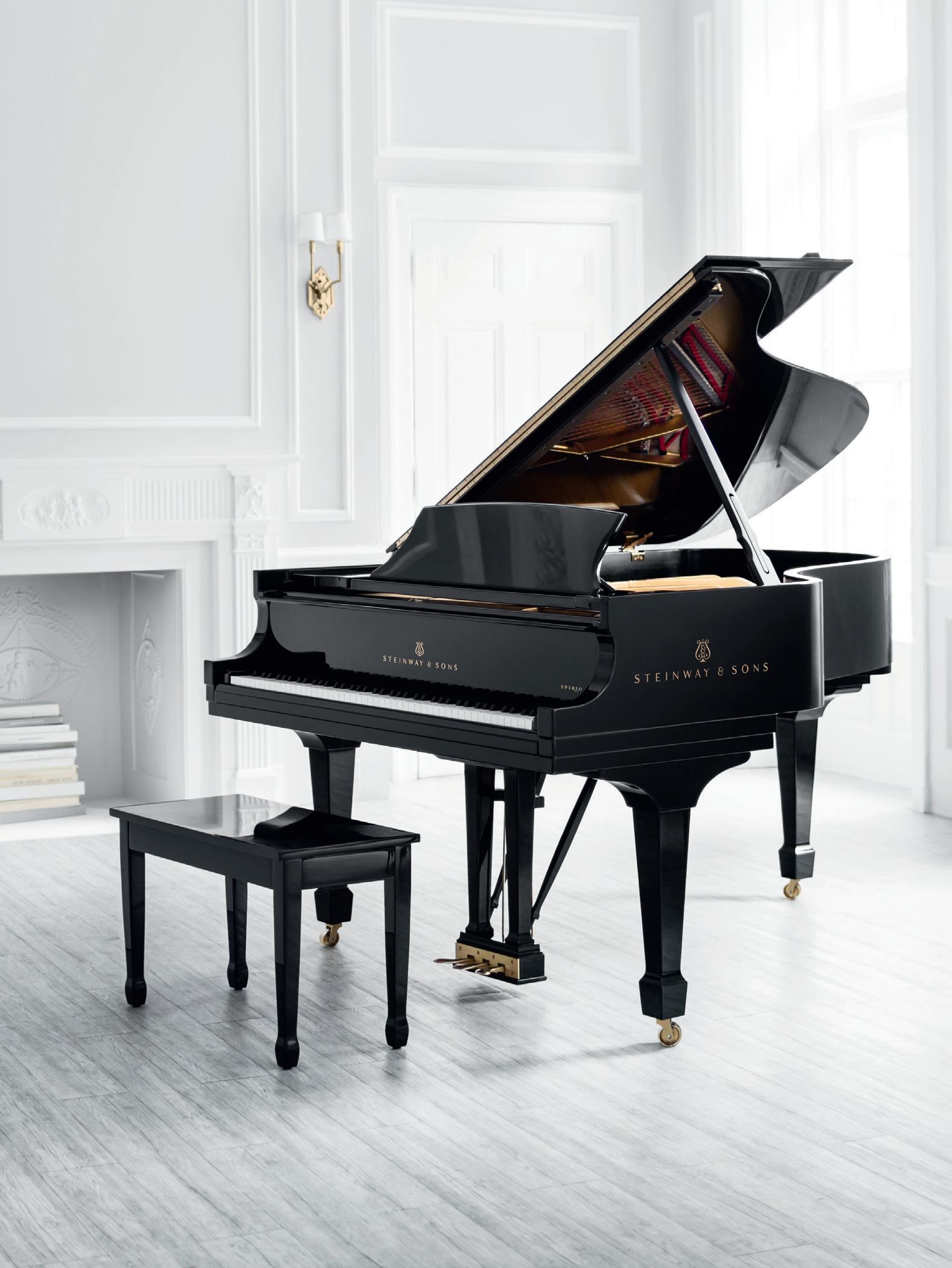


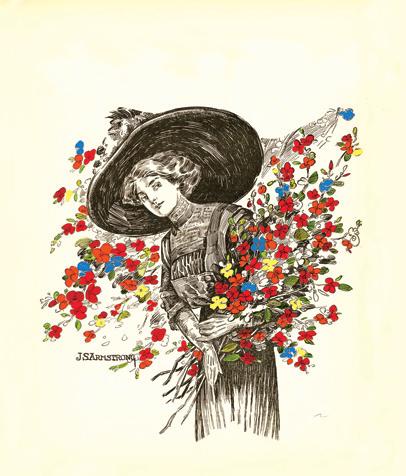
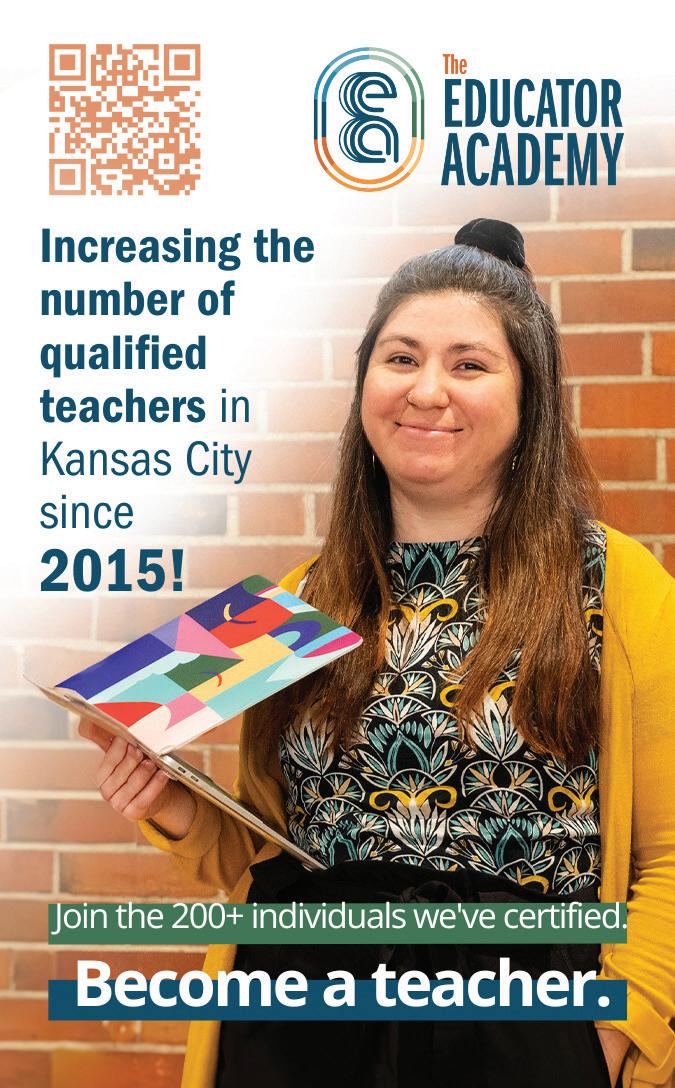

 - Raed Al-Rajabi, MD Physician Medicine Clinical Oncology
- Raed Al-Rajabi, MD Physician Medicine Clinical Oncology
I don’t know any other way to treat my cancer patients than to become their partner. To be available to them whenever they need me. And that’s not just when they’re sitting across from me at an appointment. Cancer is a unique journey. And for me and all of my team, the only way to undertake it is together.
To schedule an appointment, call 913-588-1227 or visit KUCancerCenter.org to learn more.